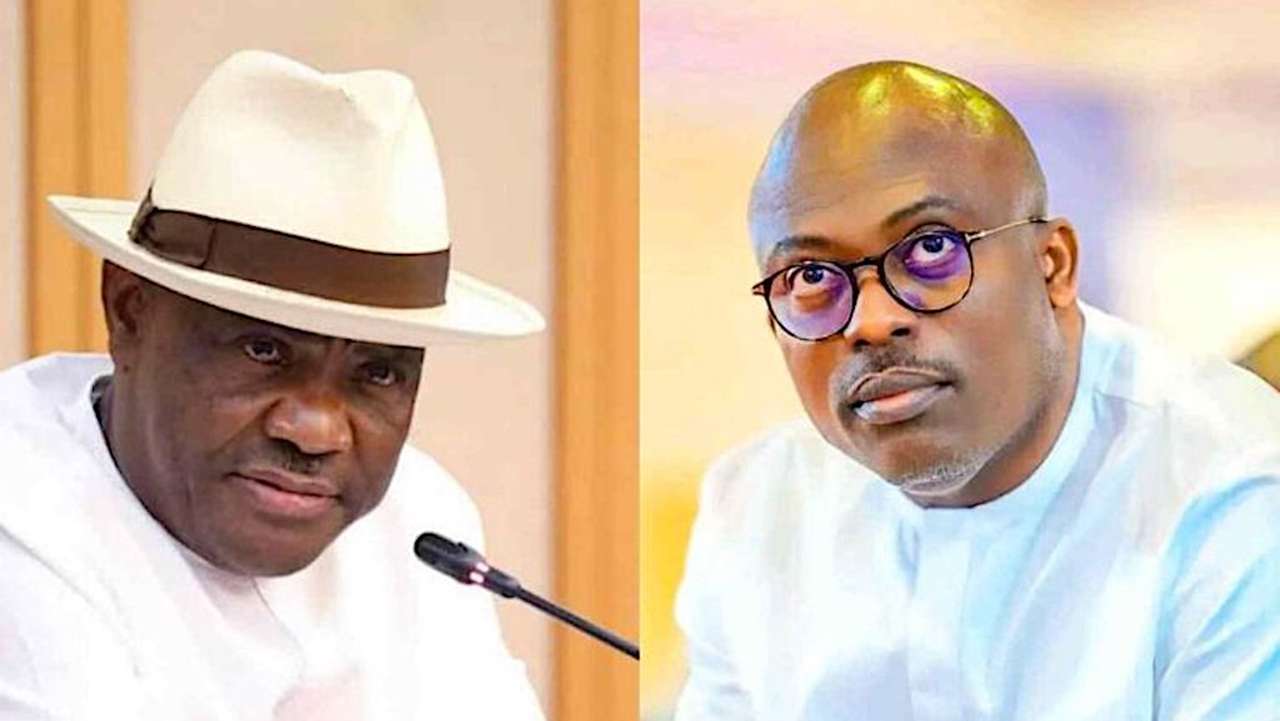Alhaji Atiku Abubakar, the presidential candidate for the People’s Democratic Party (PDP) during the 2023 general elections, has escalated his criticism of President Bola Tinubu, calling for an end to what he describes as “shambolic ‘bolekaja’ economic policies” that he claims are adversely affecting Nigerians. Atiku expressed his views on Monday via his X platform (formerly Twitter), following comments made by Tinubu’s Special Adviser on Information and Strategy, Bayo Onanuga, who suggested that had Atiku won the presidency, he would have plunged the nation into deeper economic troubles and cronyism.
Atiku, responding to Onanuga’s allegations, reiterated his stance on the economic policies he would have implemented if he had been elected. He argued that many of these proposed measures could still be beneficial for the current administration to consider. He pointed out the significant disconnect between his alternative proposals and what he perceives as the ineffective strategies currently in place under the Tinubu administration.
In his rebuttal, Onanuga dismissed Atiku’s suggestions as vague and unappealing, arguing that Nigerians had decisively rejected his policies at the polls. However, Atiku fired back, insisting that the 2023 presidential election was “criminally stolen” from him, a claim he argues is fundamental to understanding Nigeria’s current economic woes.
“I have taken note of the initial responses highlighting the striking disparity between President Tinubu’s faltering economic policies and the alternatives I have proposed,” Atiku stated. He expressed hope that the ongoing discourse would ultimately serve the best interests of Nigeria and its citizens. He criticized the administration’s rapid rise to power, which he claims was achieved without a coherent plan, contributing to the nation’s economic challenges.
“Like many fellow Nigerians, I firmly believe that we find ourselves in this current economic turmoil due to the Tinubu administration’s hasty ascent to power, devoid of a coherent plan,” Atiku continued. He contrasted this with his own team’s efforts to devise a comprehensive economic “Recovery Plan,” which he claims was developed with significant public input and was both inclusive and well-considered.
Atiku’s critique extended to the current administration’s policy responses, specifically mentioning a recent national prayer led by the First Lady and the National Security Adviser, which he sarcastically noted occurred just a day after he presented his own economic solutions. “What a bold strategy!” he remarked, emphasizing that while prayer is indeed a noble pursuit, it must be complemented by hard work and diligent effort.
Atiku expressed disappointment that the administration appeared to be relying on prayer rather than robust economic strategies. He countered Onanuga’s claims that his proposals remained untested, insisting that the real issue lies in the erratic and experimental nature of the policies implemented by the Tinubu administration.
Drawing on historical data, Atiku compared Nigeria’s current economic performance unfavorably with past administrations. He noted that during his tenure under former President Olusegun Obasanjo from 1999 to 2003, Nigeria experienced significant economic growth, with an average GDP rate of 6.59% and a peak of 15% in 2002. In contrast, he lamented that the GDP under Tinubu’s administration has plummeted to a disappointing 2.8%.
He stated, “Enough of the pains of the shambolic ‘bolekaja’ economic policy prescriptions! We cannot hope to tax our way out of the economic quagmire wrought by these misguided experimental policies of a novice administration.” Atiku pointed to successful economic models in countries like the United Arab Emirates and Qatar, which have thrived under lower taxation policies, questioning why Nigeria was pursuing policies that would further burden an already struggling population.
His comments reflect a growing tension in Nigerian politics, where economic issues have become increasingly critical amid widespread dissatisfaction with governance and rising living costs. Atiku concluded by asserting, “The citizens who cast their votes in the 2023 presidential election are well aware that I did not lose. Rather, we find ourselves in this predicament because the election was criminally stolen from the Nigerian people.”
As the political landscape continues to evolve, the exchange between Atiku Abubakar and the Tinubu administration underscores the ongoing debate over Nigeria’s economic future and the effectiveness of current leadership in addressing pressing national issues.




